
Listen to the MP3 audio file
The Solari Report – 26 Dec 2008
The global financial bubble burst in 2008 — and that’s a good thing. It means that the bubble economy will stop draining the real economy. Instead of capital being invested in fraudulent mortgage securities, derivatives portfolios, and companies running black-box ponzi schemes, perhaps it can be used to finance real solutions to the problems before us. Now we can talk about the real world and real issues: there are many worth addressing.
The big question of 2008 is “Where is the money?” It just keeps disappearing. There was $4 trillion plus that disappeared from the US government between 1998 and 2002 along with the pump-and-dump of the Internet and telecom stocks and Enron. Since then and into 2008, funds keep disappearing into the Afghanistan and Iraq campaigns. Now we have $700 billion in bailouts and $7 trillion plus in loans by the Fed, not to mention the $5 trillion in mortgage market liabilities assumed by the Federal government with the passage of the Housing and Economic Recovery Act of 2008. The fraud in the US mortgage bubble was clearly enormous. But, where did all the money go?
The global financial meltdown that some market pundits predicted hasn’t happened. Instead, the “Slow Burn” continues. But, investor losses have been significant. The result has been an outbreak of healthy distrust which has resulted in the freezing up of the global financial system. Because they are not leveraged, pension fund losses have been relatively quiet. Look for reports regarding pension fund performance to have a profound impact in 2009.
What this all adds up to is financial coup d’état. Trillions are being stolen through the financial system in a manner that centralizes wealth, leaving governments bankrupt but with bigger budgets to assert control over the wider population. Not surprisingly, this leaves economies ever more dependent on defense and enforcement spending as the infrastructure of central control grows.
One of the biggest stories in 2008 was the continuing censorship of stories about manipulations harmful to our health, including chemtrails, the efforts to control the food and seed supply, and the ongoing suppression of energy technology. Watch for a continued failure of traditional media in 2009 … and a continuing loss of market share due to public disgust at such censorship. Go, Wikileaks!
The Good News
One of the few good investment categories in 2008 was building local self-sufficiency. From the success of the Financial Permaculture conference in Hohenwald, Tennessee to the rapid spread of Transition Towns around the world, to the spreading of participatory budgeting from Latin America, efforts by local communities to re-localize are very encouraging. The logical response to uneconomic centralization is to look for ways to decentralize. Despite all the difficulties in the economy, entrepreneurs doing natural home building, farmers markets, starting farms, installing solar energy and weatherizing homes enjoyed a market moving their way. These efforts will continue to grow well beyond any shakeout.
In this week’s Solari Report (Friday, December 26), I’m doing a year-end “wrap-up” looking back at events in 2008 and discussing what they mean to our future. Here’s an outline:
– The Slow Burn
– Bailouts: Where’s the Money?
– Financial Coup d’état
– The Crash in Commodities: Temporary or Permanent?
– The Freezing Up of the Global Financial System
– Election 2008: The First Billion Dollar Candidate
– Russia, China, and the Middle East Rising
– Pension Fund Time Bomb
– The Shake-Out Moves into 2009
You can learn more about The Solari Report and subscribe here. We’ve completed (2) reports thus far and subscribers can access our complete archive of MP3 files.
I hope you’ll join us.
Note: Solari Report subscribers can now listen to Catherine’s discussion of this topic via MP3 recording. You can subscribe monthly or annually here.




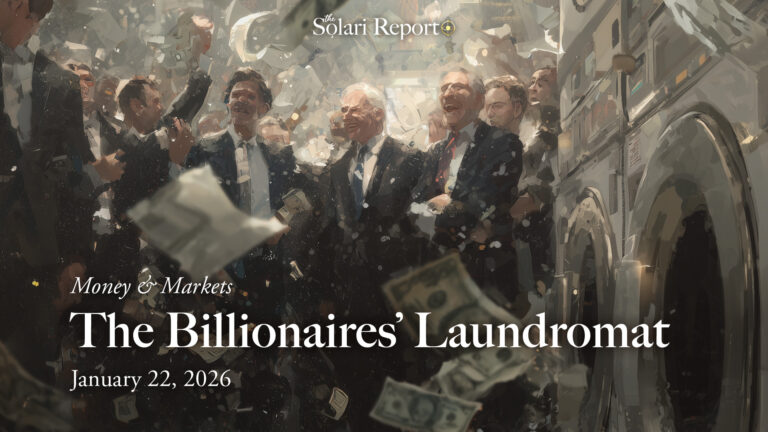


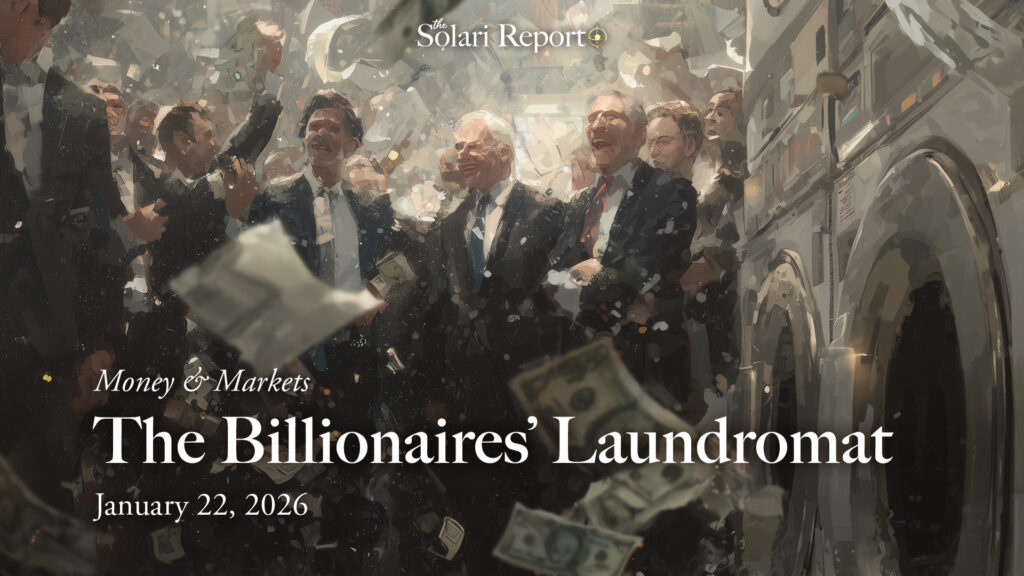
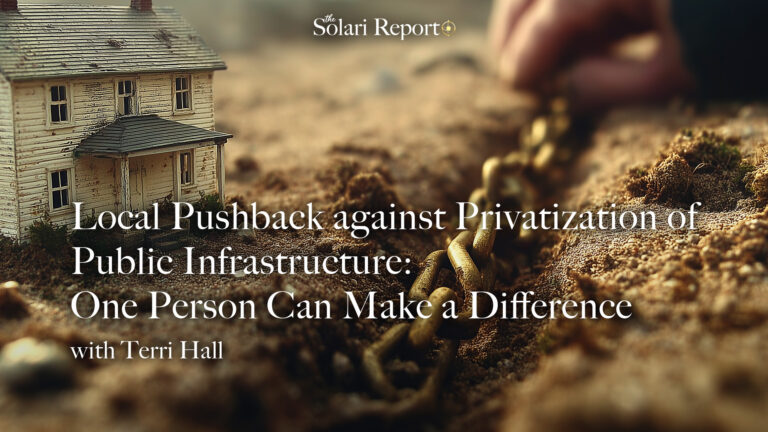
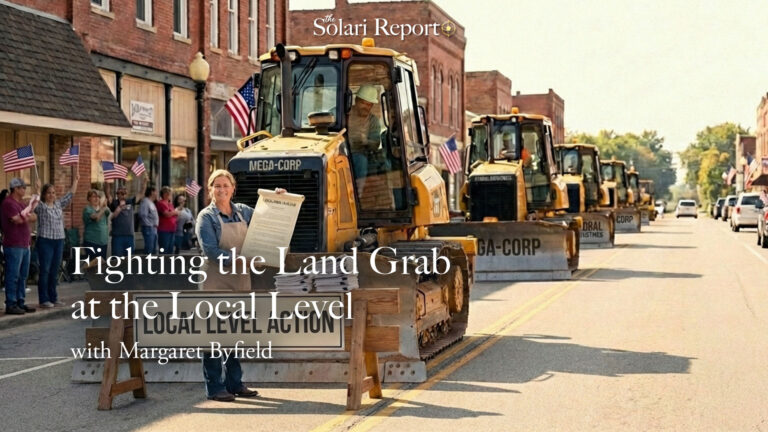
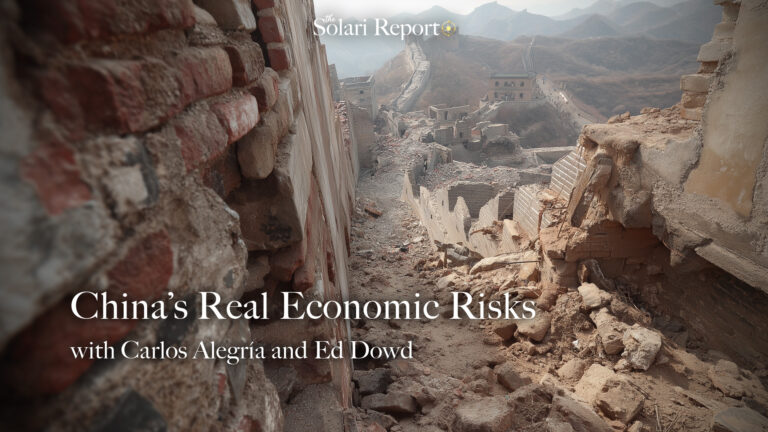
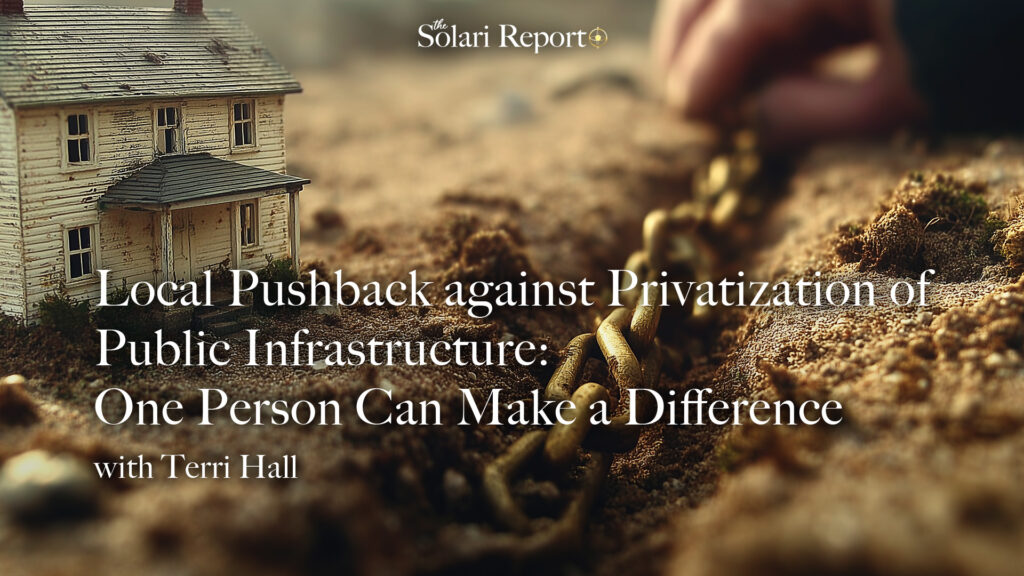
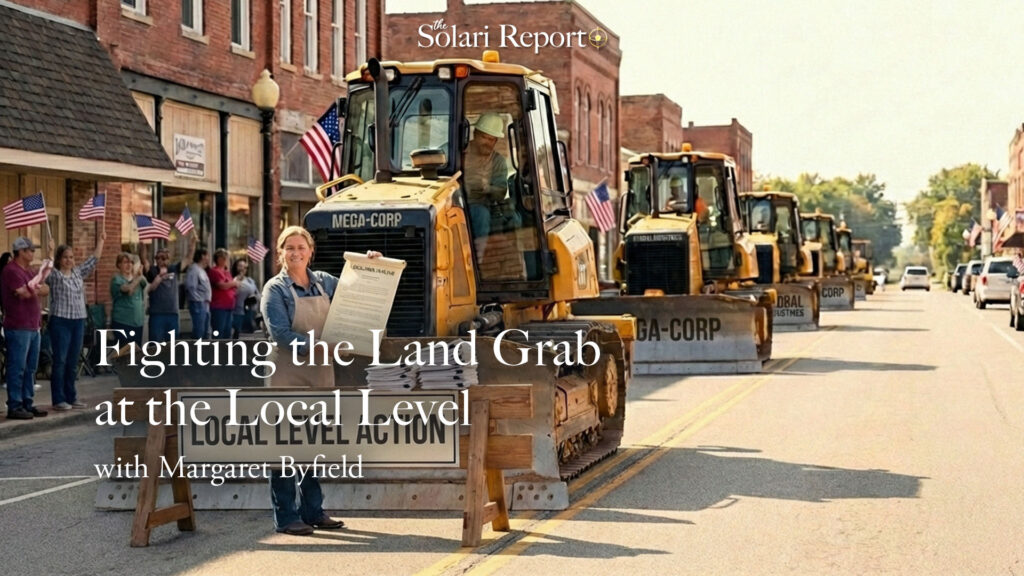
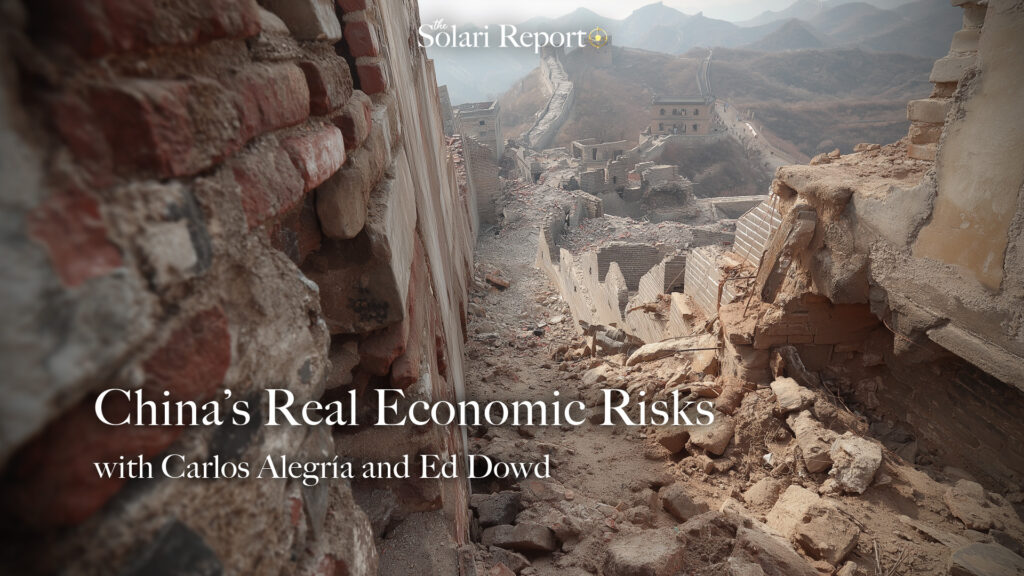


























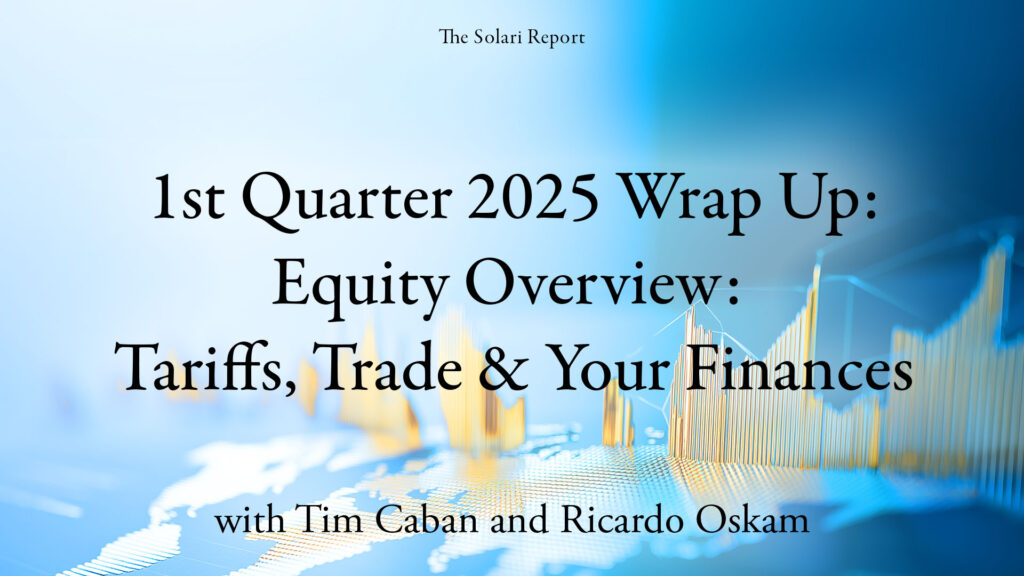











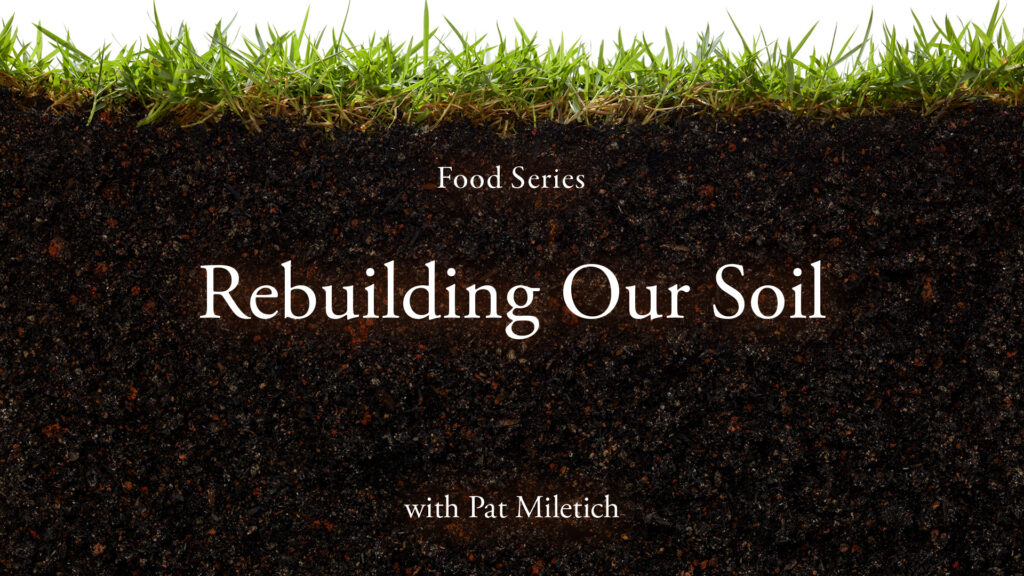












































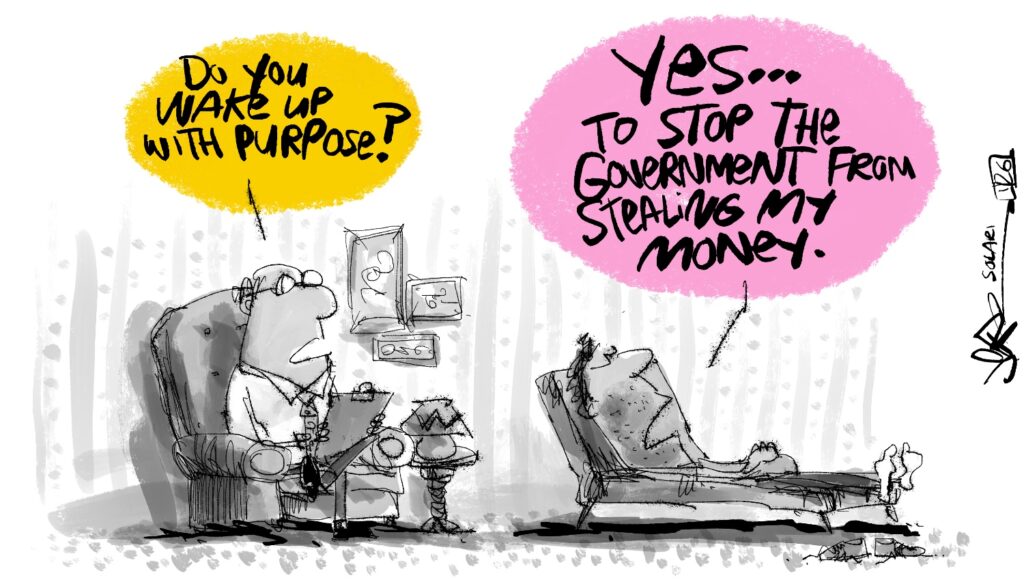





















Good Lady Catherine,
Looking forward to your 2008 review! Thanks for the work you do, and for sharing it so openly! Have a great holiday everyone! And, then let’s all get to work relocalizing! (Don’t ya’ll just love that word?
Happy Birthday Catherine!!!
And many more ……….
(Any chance the birth year was 1951?)
Catherine / Jeffrey,
Yes, I was thinking the same thing about the credit card scoring rules, plus the impending legislation which will curb predatory lending for credit cards. Pro-consumer groups have been screaming for this leglislation for years and yet nothing was done. Now we enter dump mode and bingo it all comes onstream “in the interest of consumer protection”.
Another “dump” indicator, for my mind, is the synchronized doom and gloom mongering by the head of the IMF and the Spanish Minister of Finance. After almost 18 months of trying to calm the markets with soothing predictions of a short and shallow recession they are suddenly predicting depression or something close. It’s like someone has flicked a switch. These guys don’t get to these positions without playing it safe so these utterences must have been signed off somewhere. Why now?
Catherine – thanks for all the work in 2008 and before that. I’ve learned an enormous amount from your writings.
Happy new year… exciting times ahead.
Hi Catherine, could you write an essay on how a country like the Philippines would be affected by the financila meltdown of the USA? The Philippines is a member of the IMF. It has a central bank too.
A little background: Economists have always pointed out that the Philippine economy does not grow as fast as other Asian countries when boom times occur (now I know from you that the boom is really a bubble), but in downturns or crisis, it does not go down as much as the others. I am beginning to be thankful that over half of the Philippine economy is underground, meaning informal and outside the pale of regulators and the internal revenue service, and does not not use the financial markets for capitalization.
I would like to write a paper on how the crisis will affect us in the light of your findings about the US financial meltdown.
Thanks.
Rey
You’re perfectly right, Catherine. It’s time to address the real issues. Except . . .
As per recent panel discussion on Democracy Now!(Nov. 25 issue) concerning Mr. Obama’s “stimulus plan,” there is a strong likelihood of yet another bubble in the making as a result of privatization and raised real estate values as concomitants of heavy investment in infrastructure – mass transit in particular. The panel focused on Mr. Obama’s appointments, especially that of Mr. Summers who is a “dyed-in-the-wool privatizer and a free trader,” as Naomi Klein had put it. And I’m afraid I agree with the panel’s conclusion: we haven’t seen the worst yet.
I wrote a piece on it on my own weblog, “Mr. Obama’s Stimulus Plan,” (also published in http://blogcritics.org/ Politics section) and the readers are welcome to refer it: in essence, it’s a digest of the discussion, though in context which incorporates many of Catherine’s salient points concerning privatization and fraud.
Roger Nowosielski
I recently ‘found’ this site through listening to Celente on Youtube. Catherine, you are a very courageous lady of great integrity. I am full of admiration for you.
Do you ever visit the globalresearch.ca website? There is an interesting article on the significance of the ZIRP at http://globalresearch.ca/index.php?context=va&aid=11491 which is rather worrying – I am referring to the possibility of a world war.
May I also ask if you have ever heard of Benjamin Fulford?
http://blog.japundit.com/archives/2008/03/25/8185/
Would you know if he is a nutter or are there any legs to his contention that the elites in the West were planning to unleash racially targeted bioweapons?
Tonight the Solari Report, again, was well worth the investment of time and money.
Your perspective on getting through this coming summer…setting the stage for either of two directions the economy could then take …this valuable. General timing of potentials is important on several fronts. It provides time for adjusting habits of thought to change habits of action without the fear motivator. Knowing a potential outcome and that I have actionable time is half of getting to a state of action that resolves preparedness.
Thanks for your work,
Brad